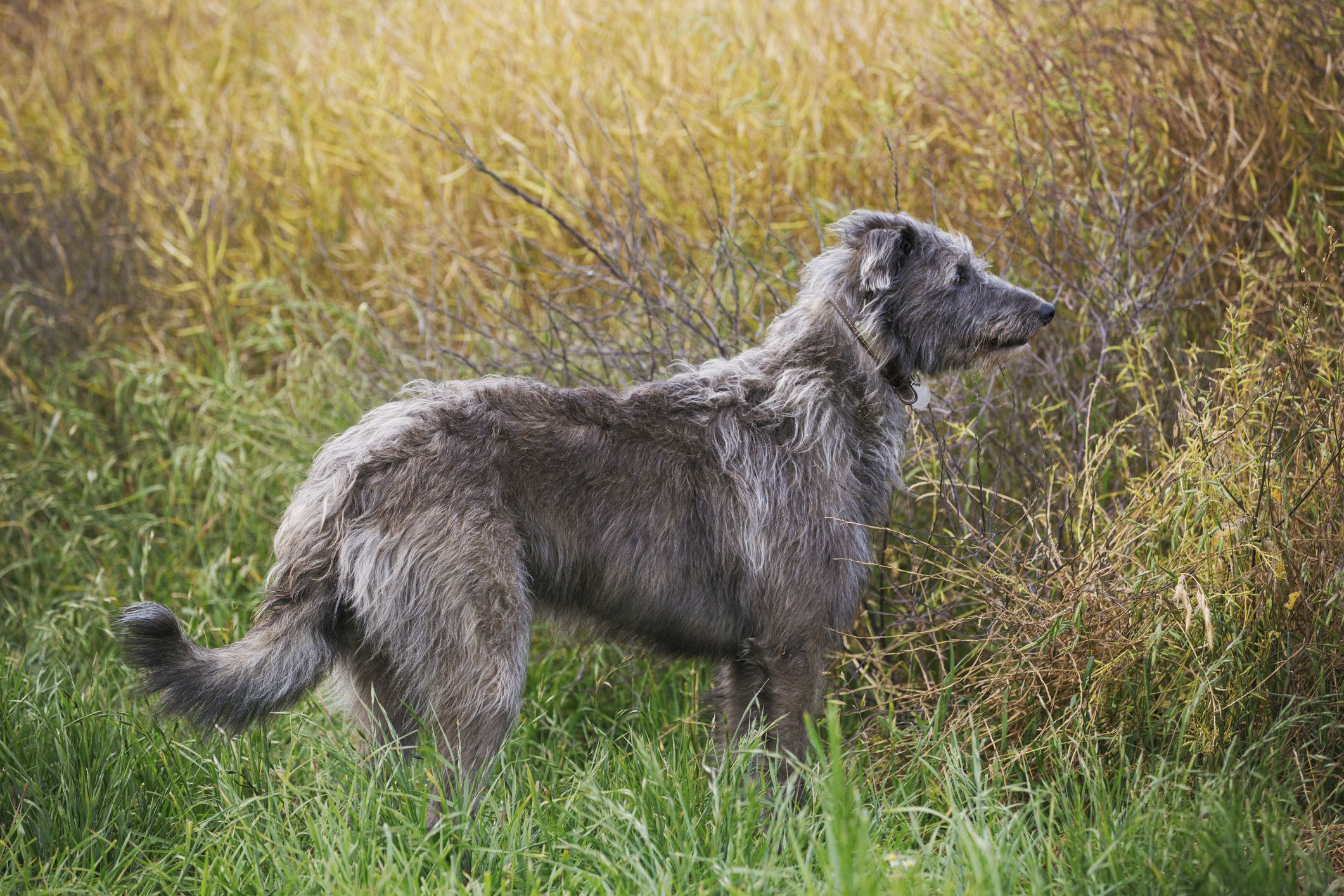Introduction
The Lhasa Apso is a small, ancient breed of dog originally from Tibet. They were highly valued as watchdogs and companions by Tibetan monks and nobles for centuries. Today, Lhasa Apsos are popular for their affectionate and loyal nature, as well as their long, flowing coat and charming personality. Despite their small size, Lhasa Apsos are known for their courage and determination, making them excellent watchdogs. They are also highly adaptable and can thrive in many different living situations, making them a great choice for families and individuals alike.
Lhasa Apso Temperament
The Lhasa Apso breed is known for being independent, loyal, and courageous. They are often described as confident and assertive, with a strong personality. Lhasa Apsos are affectionate with their families but can be wary of strangers, making them good watchdogs. They have a moderate energy level and enjoy daily walks but can also be content with indoor playtime. Lhasa Apsos can be stubborn during training, but with consistency and patience, they can be trained to follow commands. Overall, Lhasa Apsos make great companions for individuals or families who appreciate their independent and unique personality.
Aggression

Lhasa Apsos are generally a friendly and well-behaved breed, but like any dog, they can display aggressive behavior in certain situations. The most common causes of aggression in Lhasa Apsos include fear, territorialism, and lack of socialization. If they feel threatened or intimidated, they may become defensive and display aggressive behaviors such as growling, barking, or even biting. Proper socialization and training can help prevent aggressive behavior in Lhasa Apsos, and it’s important to teach them to be comfortable around people and other animals from a young age.
Health and Lifespan
The reported lifespan range of Lhasa Apso is around 12-15 years. However, factors such as genetics, diet, and exercise can influence their lifespan. Proper care, including regular veterinary check-ups and a healthy lifestyle, can help ensure a longer and healthier life for your Lhasa Apso.
Food for Lhasa Apso

When choosing the best food for your Lhasa Apso, it’s important to consider their age, weight, and activity level. Generally, Lhasa Apsos do well on high-quality, protein-rich, and low-fat diets. Some Lhasa Apsos may also have specific dietary needs, such as allergies or sensitivities to certain ingredients. Consult with your veterinarian to determine the best food for your individual Lhasa Apso. It’s also important to ensure they have access to fresh, clean water at all times.
Training for Lhasa Apso
Training a Lhasa Apso requires patience and consistency, as they can be stubborn and independent-minded. Positive reinforcement training techniques, such as reward-based training and clicker training, are generally the most effective with this breed. Socialization is also important to help them become comfortable around other dogs and people. Start training your Lhasa Apso from a young age, keeping training sessions short and frequent. Teach them basic obedience commands like sit, stay, come, and down, and gradually build on these skills. Always keep training positive and avoid harsh or negative methods, as this can damage the bond between you and your dog.
Conclusion
In conclusion, the Lhasa Apso is a small but sturdy dog with a charming personality. Although they can be prone to certain health issues and may exhibit some stubborn behavior, they can make wonderful companions with proper training and socialization. As with any dog, it’s important to provide them with a nutritious and balanced diet to ensure their overall health and well-being. If you’re considering bringing a Lhasa Apso into your home, be prepared to give them plenty of love and attention, and you’ll have a loyal and affectionate companion for years to come.



